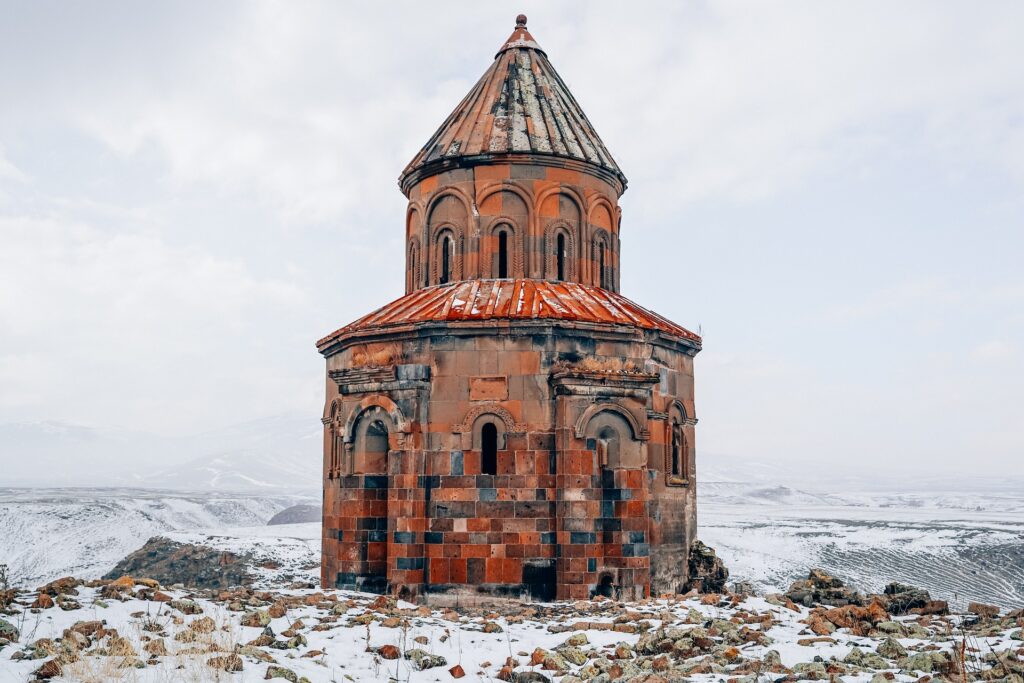PRESS RELEASE
A letter sent to the House Speaker Nancy Pelosi and signed by almost all of the retired Turkish Ambassadors is disclosed Thursday morning April 2nd, just a few days before President Obama’s visit to Ankara. Unusually strong wording reflects their serious concerns regarding a recent initiative taken by the Armenian-American lobby in Washington.
Every year in April, Armenian lobby asks the US Congress, so far without success, to adopt a resolution recognizing their claims of “Armenian Genocide” perpetrated according to them at the beginning of last Century, during the First Wold War, under Ottoman rule.
Diplomats state that the arguments used in the draft resolution are inaccurate or unfounded. The silence regarding the losses and sufferings of the Turkish people during the same period adds to its total one-sidedness, therefore to its fairness and credibility.
In a long text they highligt one by one the shortcomings and the distortions of the historic events mentioned in the draft. For instance, they point out that the court martials formed in 1919 at the end of the War in Istanbul under Allied military occupation are taken as valid bases to prove the guilt of the Ottoman rulers, while they were considered at that time even by British lawyers as a “farce” undermining their credibility. They also underline that the US archive documents had been dismissed by the British Attorney General in 1920 as “personal impressions and opinions” unsuitable for use in legal proceedings.
They explain how Armenians manipulated US Ambassador Morgenhtau, who had some particular vision about Turks and “Orientals” in general and how some subsequent American ambassadors, including Admiral Bristol and the “US Observer Mission” had contradicted him.
They reject references made to International institutions stating that neither the United Nations, nor the Genocide Convention have ever recognized or made mention of “an Armenian Genocide”, as suggested in the draft resolution. Consideration of a report with these claims was refused on the grounds that it was not the UN’s task to pass judgment on history.
They quote a report of Secretary of State R.Lansing to President Wilson, where R.Lansing express the opinion that “The betrayal of the Armenians against the State is the cause of their relocation”. They also mention official records in which Armenians present themselves as “de facto participants in the war” on the Allied side against the Ottoman State, just to be admitted in the Peace Conference.
Providing detailed census figures taken from various official records, they make the following interesting observation to illustrate what they call as “the malicious exaggeration” of the death toll: \”If the present global Armenian population is accepted as the descendants of a a limited number of Armenians to have survived the relocation, this would mean a population explosion unheard in the history of mankind. By the same rate of growth, the present day
population of Turkey would have reached three hundred million, almost equal to the population of the United States, instead of the present 72 million”. Adding that: “Prominent scholars (Turkish, American and others), refute these exaggerations as the remnants of war propaganda (as later acknowledged by British historian Arnold Toynbee) or as the products of ethnic and religious bias. The same bias also explains the lack of any reference to Turkish-
Muslim deaths”.
They also draw our attention to the juridical inconsistencies of the Armenian claims by stating that “Genocide” is a legal concept defined in the 1948 UN Convention and only a due and impartial legal process by a competent court can certify its existence and issue an indictment to this effect. Hence, they expect the Congress of the United States, itself an edifice of law, to refrain from acting as a self-appointed tribunal.
The following paragraph in the letter is particularly interesting. They recognize that “the number of casualties is important”. “However” they say: ” in order to qualify such unfortunate events as “genocide”, it is not the numbers, but irrefutable proof about the existence of the intent to destroy a people “as such” that needs to be established. At the end of the War, Allied governments who were in possession of all official records and archives could not produce any credible document or evidence proving this element of intent. They consequently released all the ministers and parliamentarians who were detained or interned in Malta for prosecution of war crimes”.
They suspect that some Armenian circles may consider such allegations as politically useful, even a convenient cover for the ongoing occupation of a fifth of the territory of the Republic of Azerbaijan and the expulsion of more than one million people from their homes.
According to them, if the US Congress adopts this draft Resolution failing to take the slightest trouble to consider arguments other than those raised by ethnic Armenian activists, that will inevitably have a serious debilitating effect on Turkish-American relations and will postpone indefinitely the normalization of Turkish-Armenian relations. They add that, to speak about different versions of the events is not phibited in Turkey, contrary to prohibition imposed by some European states. The refusal by the Armebian side of a Turkish proposal for the establishment of a commission composed of Turkish and Armenian scholars clearly demonstrates who in reality is afraid of facing the truth.
They are warning that “many possibilities of cooperation between Turkey and the USA in the Middle East, the Caucasus, the Balkans, in Afghanistan and Iraq, in the field of energy, in the joint struggle against terrorism and other transnational challenges are likely to suffer as a result” and that “the goodwill already generated by the planned visit of President Barrack Obama to Turkey”, as well the positive effects of the overtures made to Armenia for the normalisation of relations “may be lost”.
Ali Hikmet Alp
